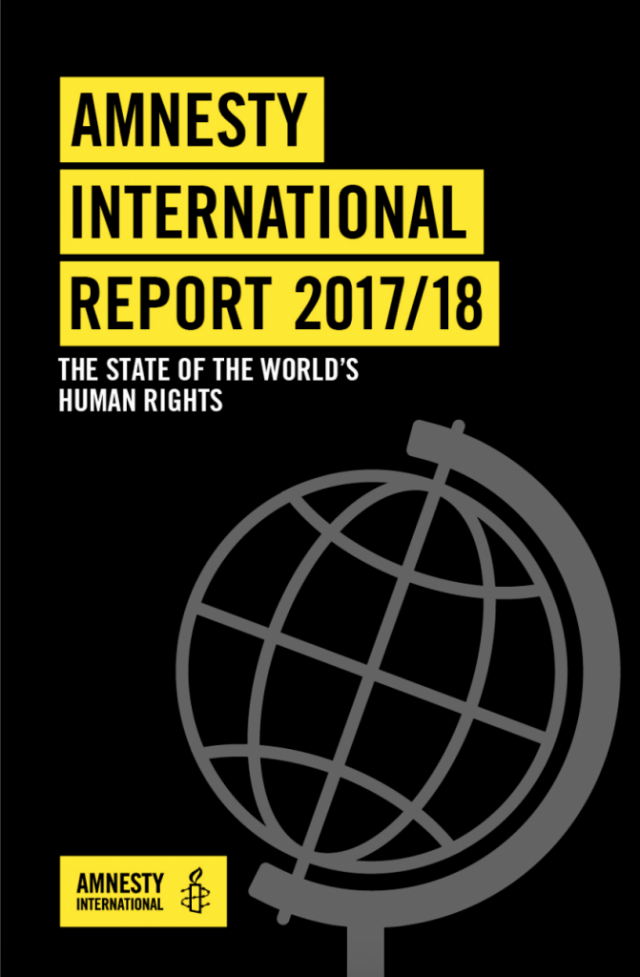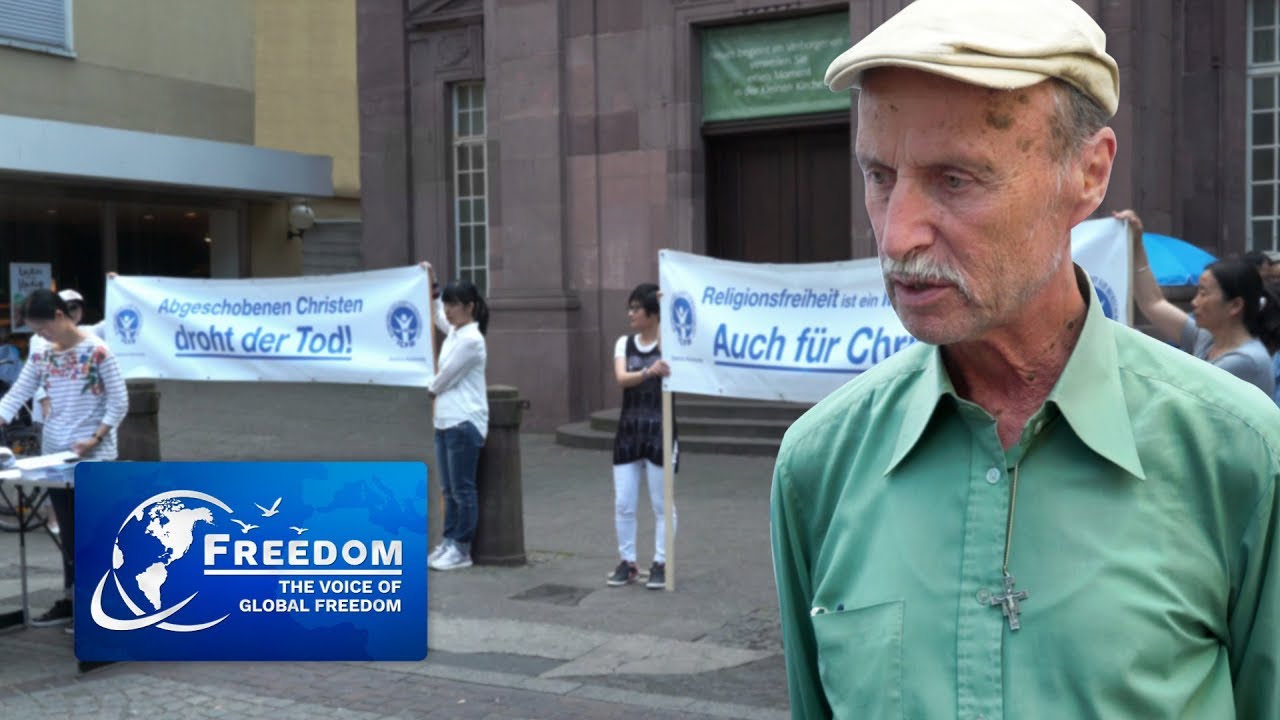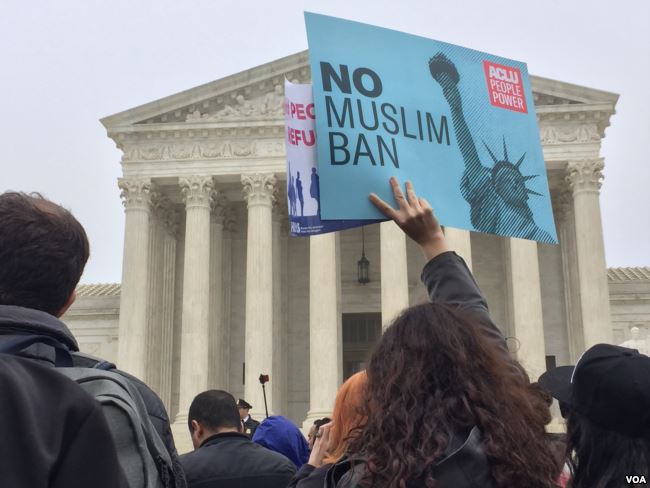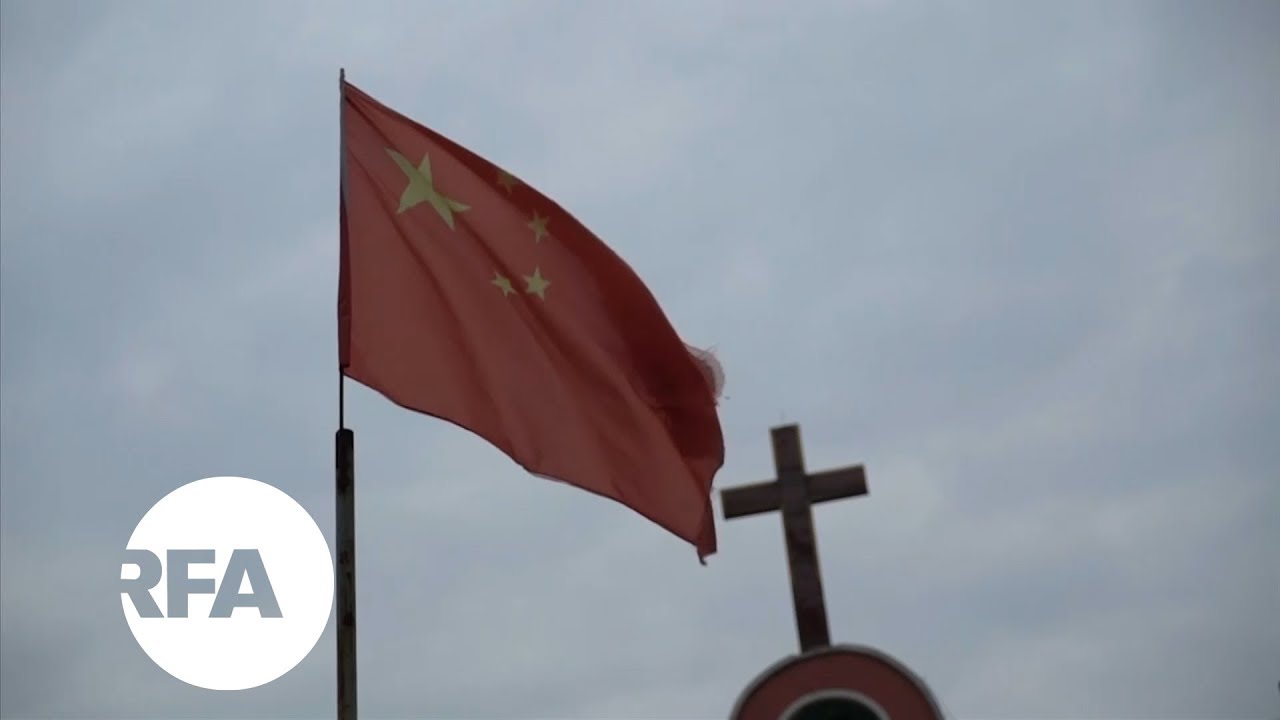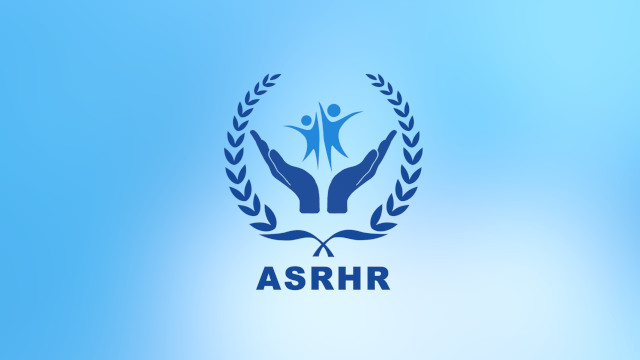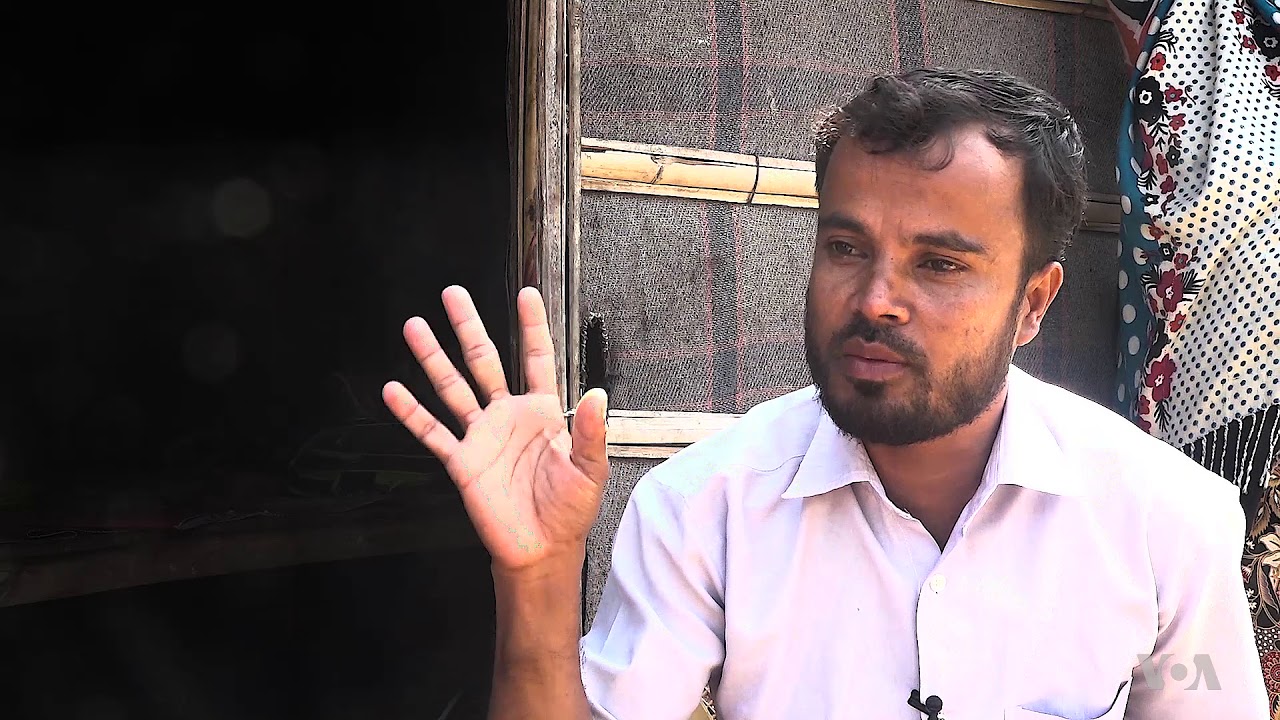It’s been 15 years since Ajith Debagama Kankanalamage, fled Sri Lanka after a decade of torture and sexual abuse by the military. He thought he was headed to Canada, but he was abandoned by brokers without his passport or money in Hong Kong, where he filed for asylum and waited interminably for the unsympathetic bureaucracy to grind its wheels.

A decade into this limbo, he had an extraordinary encounter that gave him hope. In 2013, his lawyer introduced him to another of his clients, Edward Snowden, a young American asylum-seeker, who needed help and shelter while assessing his own legal situation. Snowden had just identified himself publicly as the person who leaked documents to the media showing the massive extent of US surveillance. His picture was on every newspaper and every street corner, though he was not yet wanted for arrest.
Kankanalamage helped Snowden as he moved around the slums of Hong Kong, from one family to another of asylum-seekers, now better known as the Snowden Refugees. Snowden left Hong Kong before a valid arrest warrant was issued. Ajith Kankanalamage and the others were left behind in their limbo, but glad they had helped another person fearful of persecution, a feeling they understood all too well.
But his hope of finding security quickly came face to face with reality. Hong Kong has one of the most abysmal records in the developed world of helping asylum-seekers. It accepts about 1 percent or fewer of people who file claims, and makes these desperate people wait many years in destitution for their eventual rejection. As expected, in September 2016, Hong Kong’s Immigration Department rejected all the Snowden refugee cases, even Kankanalamage’s.
Ajith Kankanalamage endured more than a decade of physical and sexual torture in his home country that left him deeply scarred, both physically and psychologically. Military police have regularly visited his family since he fled, and police from the Sri Lankan Criminal Investigation Department even came looking for him in the slums of Hong Kong. He should not have to wait another day overcome with fear and hopelessness.
Since his application was rejected, his post-traumatic stress disorder symptoms have become acute, as he is faced with the prospect he may soon be sent back to Sri Lanka. As anxiety and depression eat away at him, his consulting psychiatrist and lawyers have become fearful for his safety and life. They worry about whether he can withstand the re-traumatization his appeals hearing will surely provoke.
For those reasons, since January 2017, lawyers and the Canadian nonprofit organization For the Refugees hve made a desperate appeal to Canada to grant Ajith Kankanalamage, now 45, and the other Snowden refugees asylum to protect them from near-certain persecution if they are forced back to their home countries. In May 2017, Human Rights Watch wrote to the immigration and refugees minister, Ahmed Hussen, urging him to accelerate consideration of these claims and grant these asylum seekers entry into Canada on an exceptional basis given that whatever hope they had of fading from view of their persecutors back home was wiped out by Snowden-related publicity.
But Canada’s immigration authorities seem content to drag their feet, waiting for a Hong Kong appeals process whose outcome is easily foreseeable. Last month, lawyers filed an emergency application on Kankanalamage’s behalf. Private sponsors are ready in Quebec, and the only obstacle now is the Ministry of Immigration, Refugees and Citizenship.
The time for Canada to act is now. Ajith Kankanalamage did not hesitate to help save someone’s life when given the chance. Canada should not hesitate to save this man and give him a reason to hope.
Source: Human Rights Watch.Why Canada Should Take in Snowden-Linked Asylum-Seeker © 2018 by Human Rights Watch.

